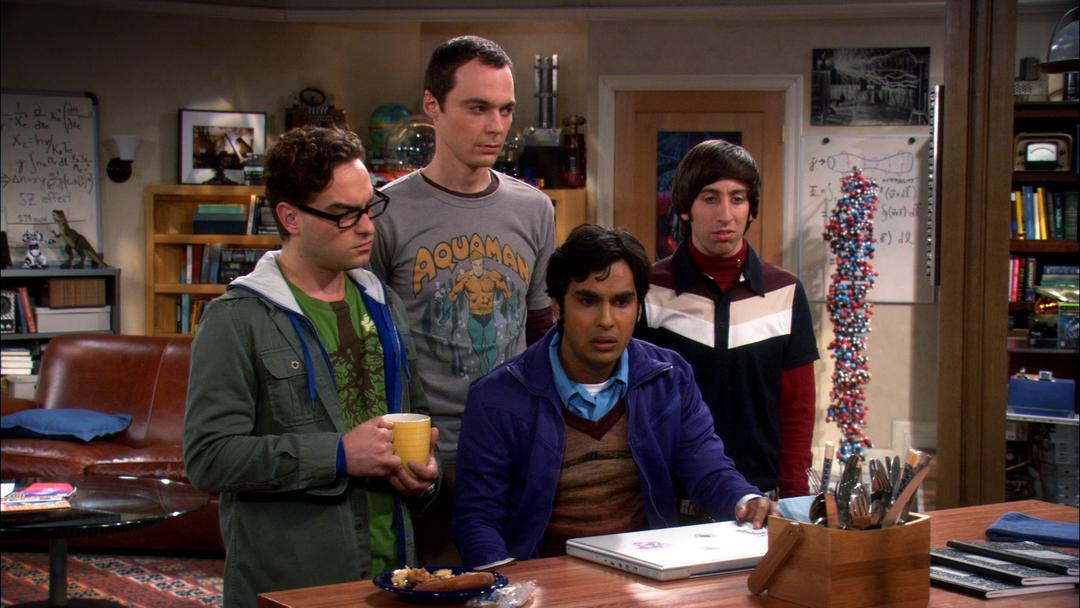
A modest premise with universal appeal
When The Big Bang Theory first introduced viewers to two nerdy roommates and their new neighbor across the hall, no one expected it to become a global hit. But that small apartment in Pasadena would eventually be the setting for one of the most-watched sitcoms in television history — not just in the U.S., but around the world.
Characters that cross cultural boundaries
Sheldon, the international breakout
Few characters have traveled as well across cultures as Sheldon Cooper. His odd habits, obsessive routines, and deadpan delivery somehow connect with audiences from Tokyo to Istanbul. Despite — or perhaps because of — his extreme quirks, people see reflections of themselves in Sheldon’s struggle to fit in and navigate human emotion.
A diverse cast with relatable personalities
The show’s character lineup helps explain its global popularity. Leonard’s insecurity, Penny’s ambition, Howard’s overconfidence, and Raj’s romantic awkwardness resonate beyond American borders. These emotional experiences are universal, allowing viewers to connect regardless of their background or location.
Humor that transcends language

Science and fandom as common ground
Though the jokes are rooted in American pop culture, the subjects — science, friendship, unrequited love, social discomfort — are easy to translate. Shows like The Big Bang Theory prove that humor isn’t just about punchlines; it’s about timing, character, and human behavior. Even when subtitled or dubbed, the core humor remains intact.
The role of physical comedy
Part of the show’s success comes from its visual comedy — Sheldon’s exaggerated reactions, Howard’s fashion disasters, and Raj’s panicked expressions speak volumes even without words. This makes the show especially rewatchable in international markets where dubbed voices sometimes lose original nuance.
A global fandom like no other
Syndication and streaming supercharged its reach
Once the show hit syndication, it became nearly impossible to avoid. Airing daily in dozens of countries and translated into multiple languages, The Big Bang Theory built a loyal international fanbase. Streaming services later introduced it to new audiences, who could binge the show from start to finish — often more than once.
Fan culture around the world
From fan conventions in Germany to themed cafés in Asia, the show has become more than just television — it’s a cultural touchstone. Viewers quote Sheldon’s lines, debate favorite episodes, and bond over cosplay and trivia. It has created a global community, proving that laughter really is a universal language.
Why its legacy will continue abroad
A comfort show for the digital age
As the world gets more complex, people turn to familiar shows for comfort. The Big Bang Theory provides that sense of routine and warmth, no matter where you are. For millions, it’s become the go-to background noise, the late-night rewatch, or the shared laughter with family across generations.
A reminder that intelligence can be funny
Above all, the show celebrates curiosity, learning, and embracing what makes you different. That message has no borders. It encourages viewers to be themselves, love what they love, and never apologize for being smart, awkward, or both.